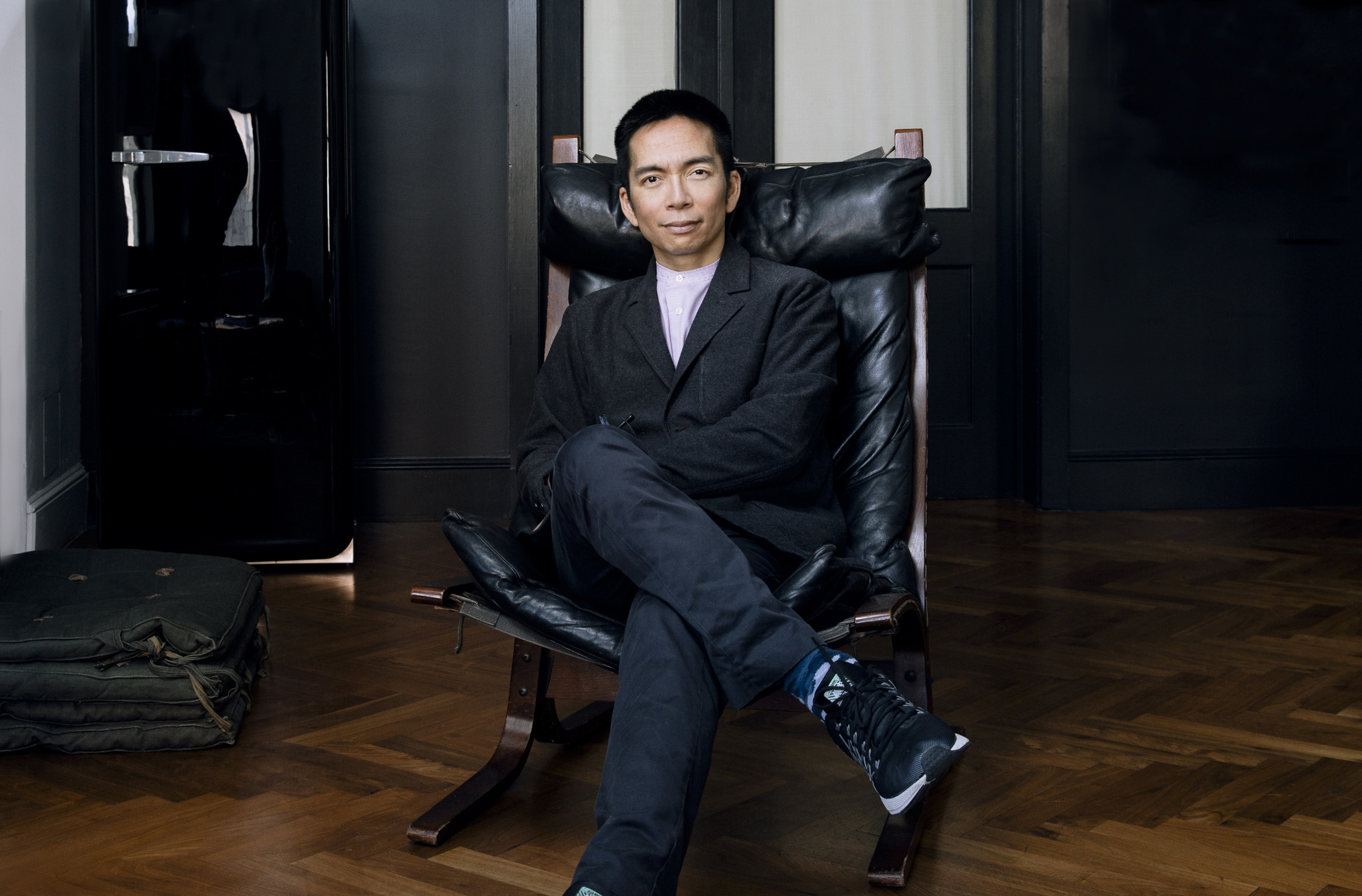The tale of Ishida’s attentiveness to detail is a parable. The idea is not to just serve tea generically, but to consider the kind of tea experience someone might want depending upon their needs. In other words, if Ishida didn’t know ahead of time that the warrior was immensely thirsty, he might have just started off with a boiling hot tea in a beautiful cup that would have burned the warrior’s tongue. Not only would his thirst not be quenched, but the cup’s beauty would be wasted. Or, in blunter terms, if Ishida hadn’t made the effort to learn more about the noble warrior’s hunting trip—which essentially involved some light spying—then his needs would not have been met so perfectly. When we know about our customers, we have the opportunity to serve them the way they want to be served. But that requires us to be a little nosy, and sometimes a little lucky, to get the information that can tell us how to delight a guest.
You don’t have to be in Japan to experience omotenashi. It’s that moment when your favorite restaurant remembers you by your first name—transforming you from an anonymous customer into one that has “come home” like family. A similar thing happens all the time online when you frequent certain sites that greet you with your first name. Reading a message that says, “Welcome back, John!” feels good at first. But it may feel less good when you visit a completely unrelated site for the first time and it enthusiastically welcomes you by your name. You’d feel similarly awkward if you showed up at a restaurant you’d never been to before and a server you’d never met before is addressing you by first name saying, “John! How’s your new job going?” Avoiding this situation—where strangers “know” you to a rightfully uncomfortable degree—is a matter of highest urgency for humanity right now. You’ll hear about it in the media regarding our privacy and how to protect ourselves, and it’s only natural to want the invasion of our privacy by machines to stop. But to ask a computing device to stop gathering information and to stop sharing it with other devices is like wishing away all the magic in your magic wand.
Computational machinery, by its very nature, can and will be instrumented in some way because this is an intrinsic benefit to the paradigm. The level of instrumentation can vary from capturing your every click and keystroke on a device to capturing your three-dimensional location information on earth at every moment. You may have already heard about how the “cookie” is the basic unit of tracking on the Web. Although they sound completely harmless, cookies are the first sin of the Web while also being one of the reasons internet advertising businesses became so successful during the rise of the internet. Cookies are little pieces of text that any programmer can “park” inside your browser to later access when you come back to it—that way, the browser remembers what you have already visited, and when. It’s a handy means for a site to remember where you last left off, and—much like Mitsunari’s tea service—it can then strive to make that third cup of tea the best one for you.






